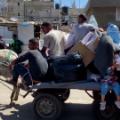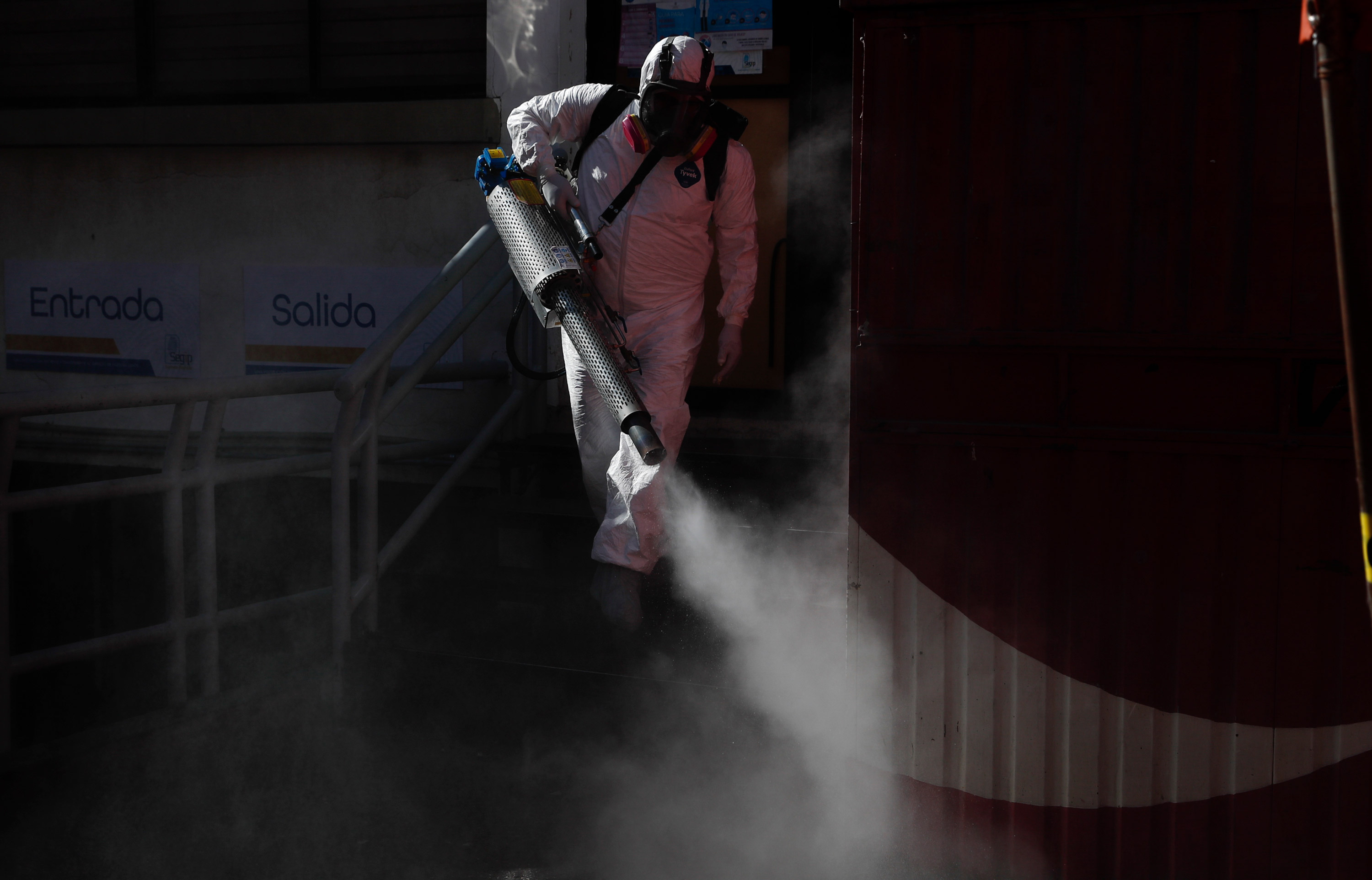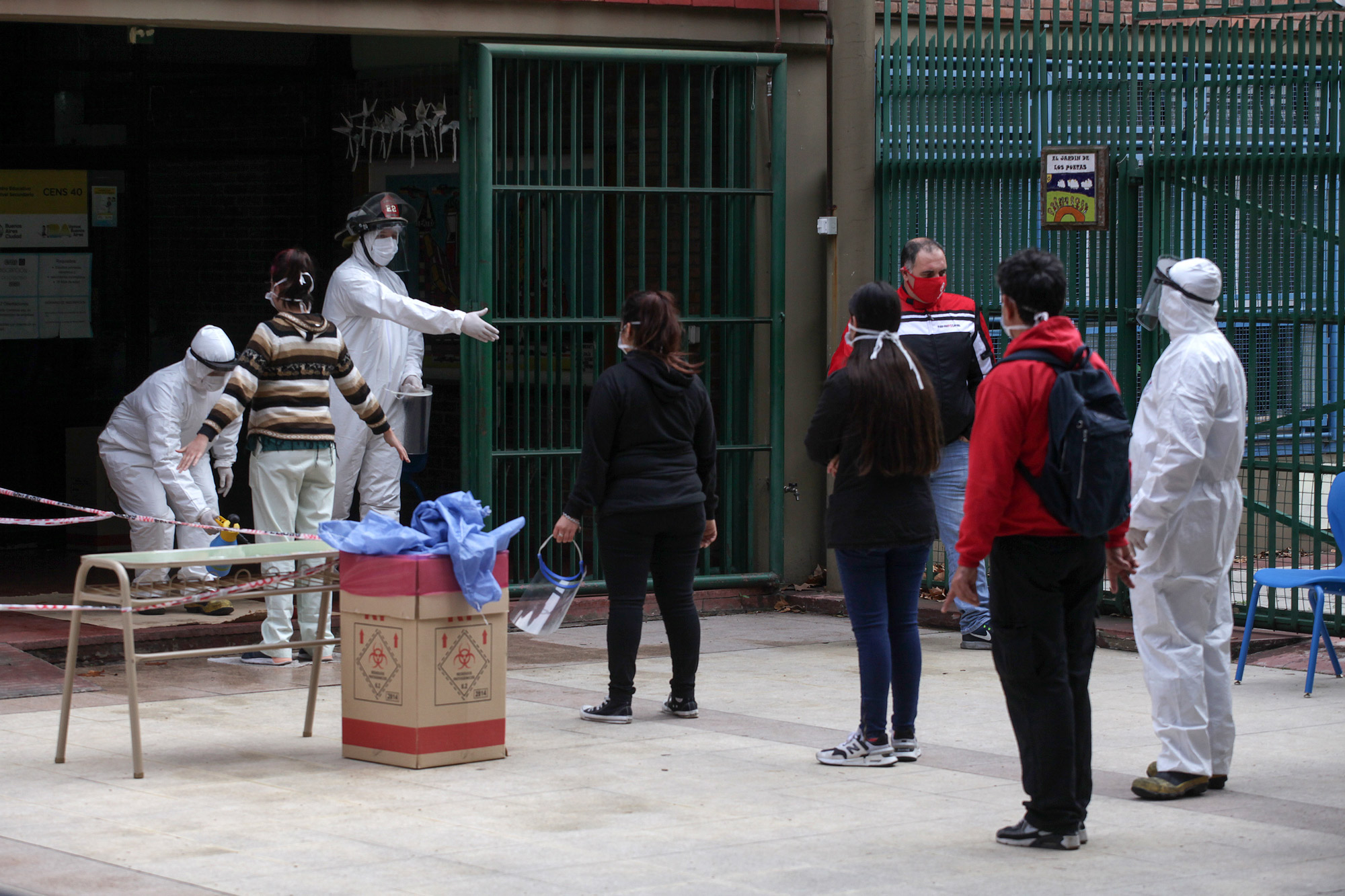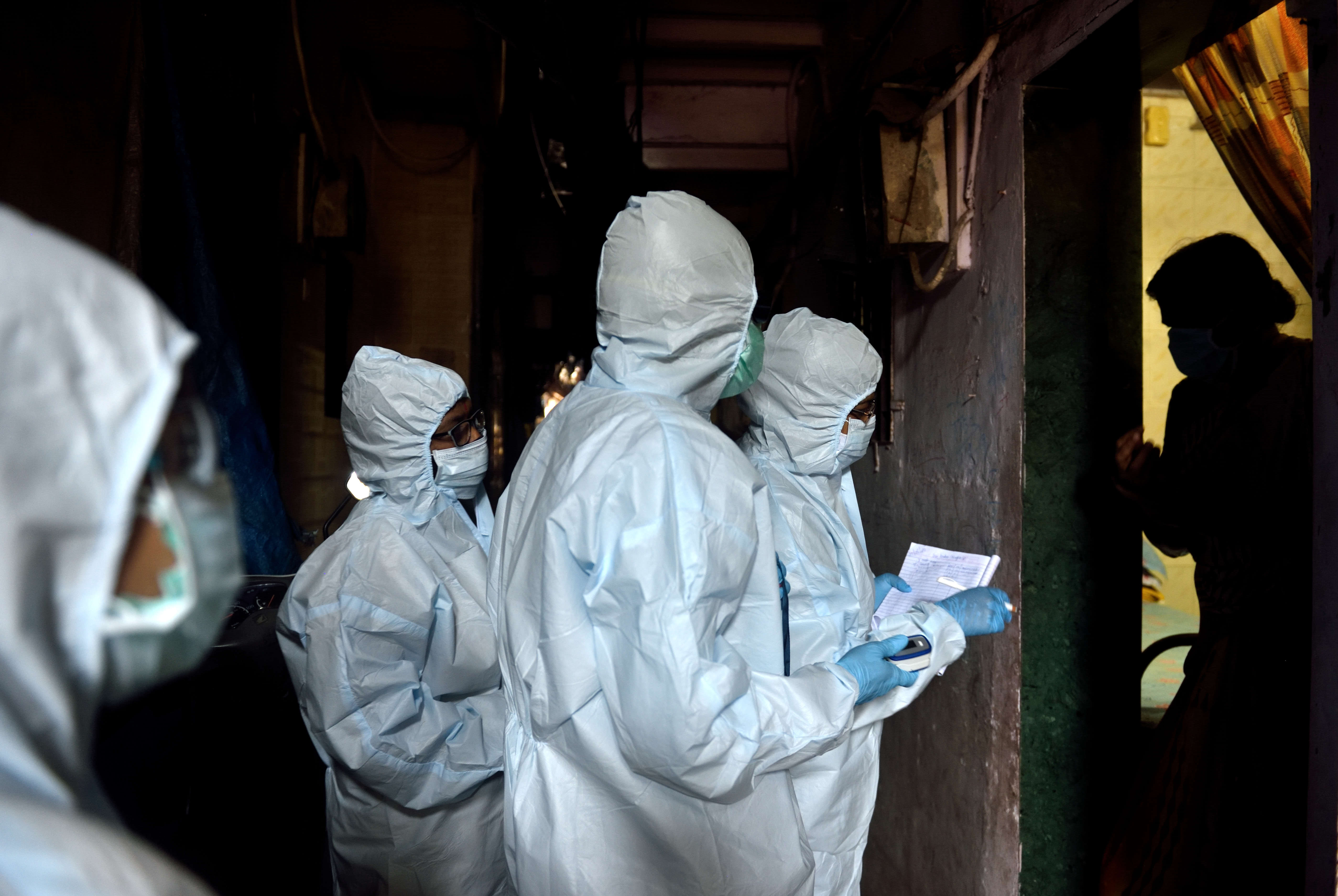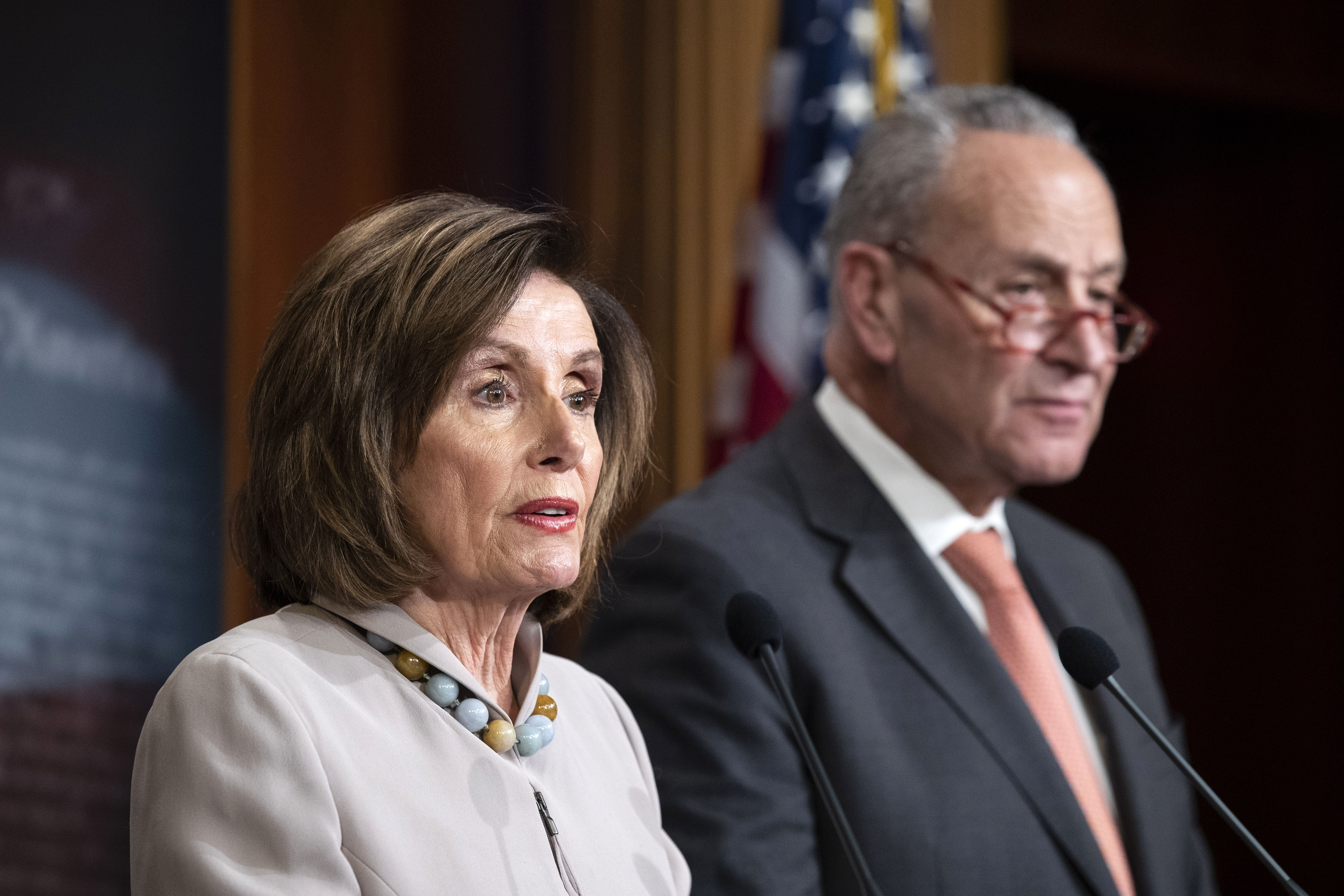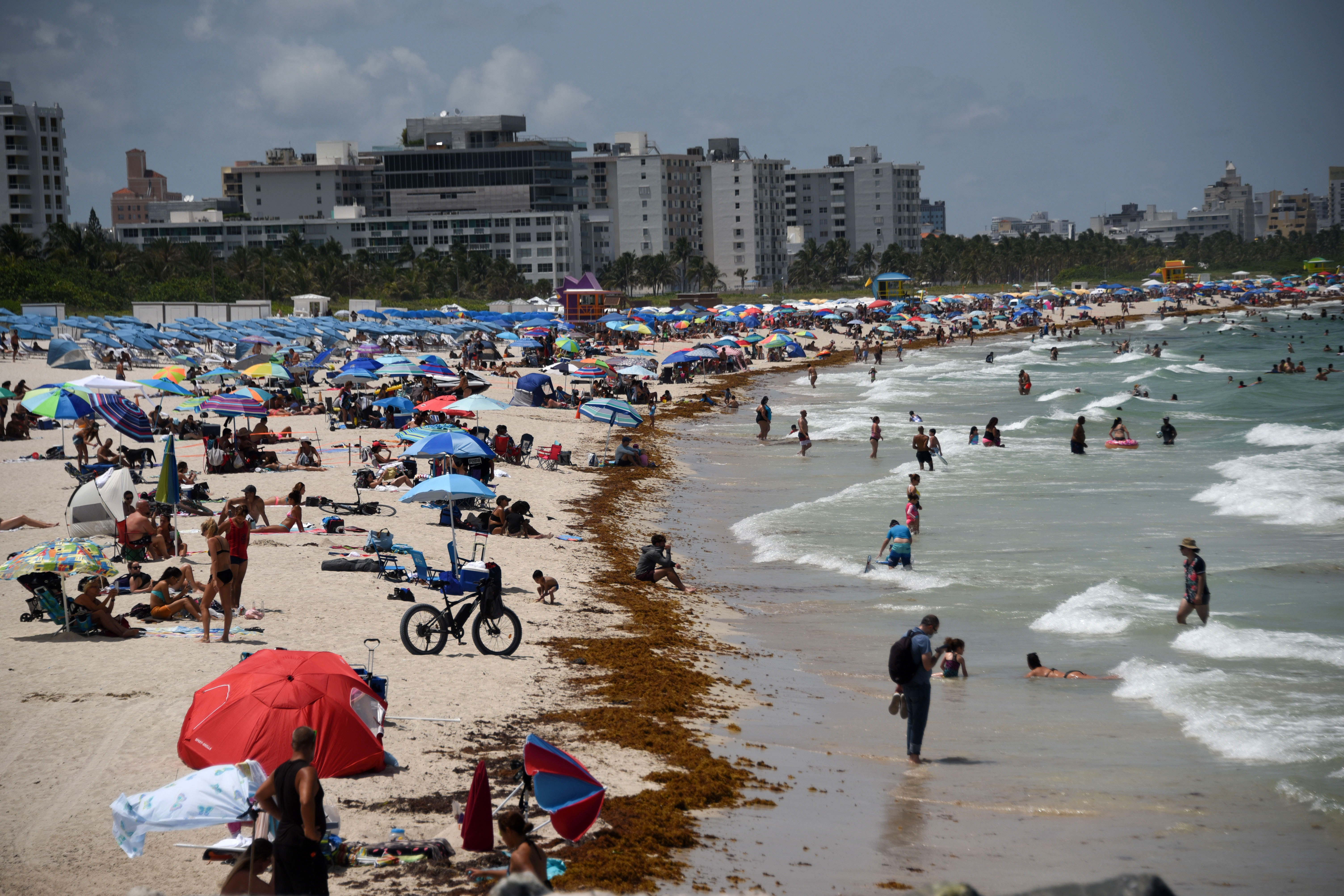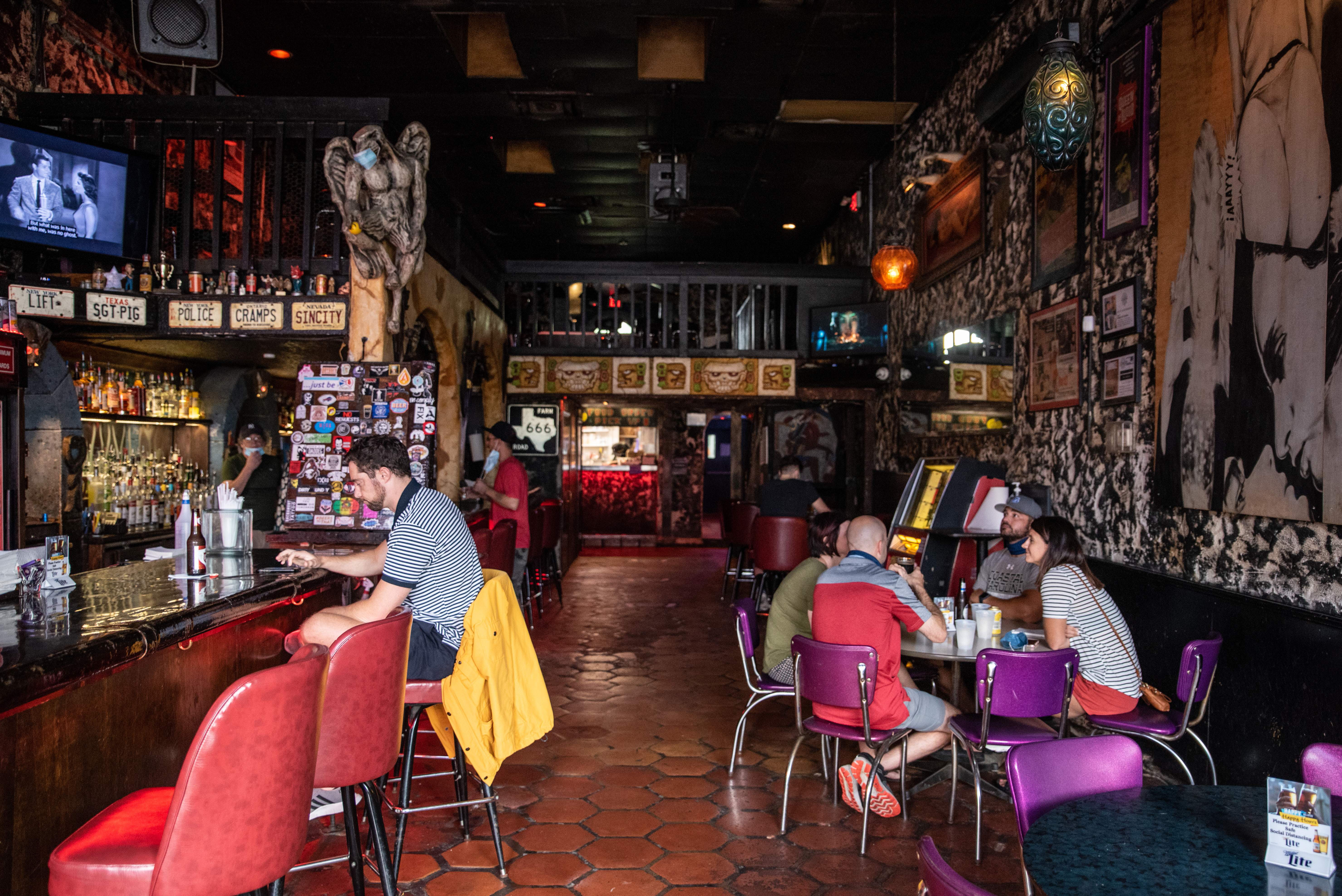Health officials have long called contact tracing — following and monitoring the contacts of a person infected with the coronavirus — a key to help stop the spread of Covid-19. Yet many of the hardest hit states still haven't built up contact tracing to meet what has been recommended.
In April, the National Association of County and City Health Officials estimated that communities across the United States would need 30 professionals per 100,000 people in the community to be involved in contact tracing, given the magnitude of the Covid-19 pandemic.
Now in eight Covid-19 hotspots emerging nationwide, there are far fewer contact tracers than that estimate, according to new data obtained by CNN from Nephron Research, an independent health care research firm that has been monitoring contact tracing across states. The group's latest data report shows that as of Monday:
- Nevada has about 13 tracers per 100,000.
- Florida has about 7 tracers per 100,000.
- Arizona has about 5 tracers per 100,000.
- Idaho has about 14 tracers per 100,000.
- Texas has about 11 tracers per 100,000.
- Tennessee has about 9 tracers per 100,000.
- Georgia has around 2 tracers per 100,000.
- South Carolina has about 8 tracers per 100,000.
"The majority of 'hot spot' states fall short on tracing," the Nephron Research report says.
The only states in the nation that have at least 30 contact tracers per 100,000 people, according to the Nephron Research data, are:
- Utah, with about 37 tracers;
- South Dakota, with about 39;
- New York, about 49;
- North Dakota, about 46;
- Nebraska, about 38;
- Massachusetts, about 36;
- and although it's not a state, the District of Columbia has about 42.
When asked how the United States is doing with contact tracing, the nation's top infectious disease expert, Dr. Anthony Fauci, told CNN: "I don’t think we’re doing very well."
What the experts say: Instead of doing contact tracing just by phone, communities need to have "boots on the ground" and do it in person, Fauci, director of the National Institute of Allergy and Infectious Diseases, said during an interview with CNN’s Elizabeth Cohen that aired Sunday night as part of the Aspen Ideas Festival.
Fauci noted that it’s difficult to do contact tracing with coronavirus, since in hotspots, 20% to 40% of those infected are asymptomatic, and in those cases, "contact tracing doesn't work no matter how good you are because you don't know who you're tracing."



